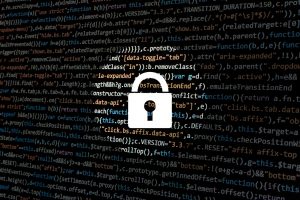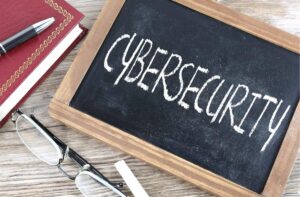Introduction
Imagine pulling an all-nighter to finish your research paper on time just to wake up later and find out your information is lost due to ransomware you picked up while performing your research. There are numerous ways to become a victim of an online threat, which is why one should always keep up with the latest cybersecurity news and learn how to protect both stored data and personal privacy. That’s why we decided to share some of the most common cybersecurity threats and how to deal with them, focusing on those issues that mainly concern students and their needs.
Detecting unsafe online locations
It’s important to understand that not all online platforms provide a secure service, especially if you’re used to digging for information beyond the usual websites. The first signal that you’re visiting an unsafe website should be the lack of HTTPS prefix in the address bar. This means that any information transferred between the server and yourself is not protected against third-party influence, leaving your information vulnerable to threats.
These insecure locations are not only a potential source of viruses but could also cause financial issues. Consider searching for agencies that provide essay service for college students where payment with your credit card is involved. Making online payments on websites without an SSL certificate leaves your bank account information open for harvesting by hackers. Therefore, if you’re making online payments for any type of merchandise, make sure the website you’re on is secure.
Furthermore, websites that ask for personal information that you normally wouldn’t disclose, like email passwords or credit card PIN are certain places you wish to avoid. Also, pay attention to locations that ask of you to install scripts or pieces of software for which purpose you’re uncertain of.

Use two-step authentication where possible
Since mobile devices are growing in popularity and online traffic share, web developers nowadays aim to create multiplatform apps and websites which you could seamlessly use on any type of device, depending on your needs. Furthermore, mobile devices can also serve as a cyber-ID for social media networks, email accounts, and many other websites that require authentication.
This means that when you log in to a website using your user name and password you could also have a second line of defense that includes confirming your login attempt via a mobile device. Two-step authentication is especially convenient for students that use public libraries or coffee shops with public internet access. It’s easy to leave your account information on a public computer even if you’re not aware of it. In case someone would try to take advantage of your mistake, you’d get an alert informing you of certain activities like attempts to change login information, payment attempts, and other activities that require your confirmation. And if you wish to take your account security a step further, experts recommend using password managers as an effective cybersecurity tool.

You can’t protect all of your information online
When we create an account on Facebook, Google, or any other website, we accept the terms and conditions that the service provider has set. These terms usually include our permission to share our cookies and browsing history, as well as many other points we need to consent to if we want to use a certain product or service. Google uses our browsing data for commercial purposes, as well as Facebook, while the government has full access to our online activities since the appropriation of the Cybersecurity Information Sharing Act. This act should protect the public from online threats, but it also allows the government insight into personal data of all private citizens who use the internet for any purpose.
Conclusion
These were some of the most important information you should be aware of as a student. It’s important to educate yourself on online protection and always use proper security software such as antivirus programs and network firewalls. We moved much of our daily activities online which is why cybersecurity jobs are in high demand. Let us know if you ever experienced a cyber-attack and how you handled the situation.





